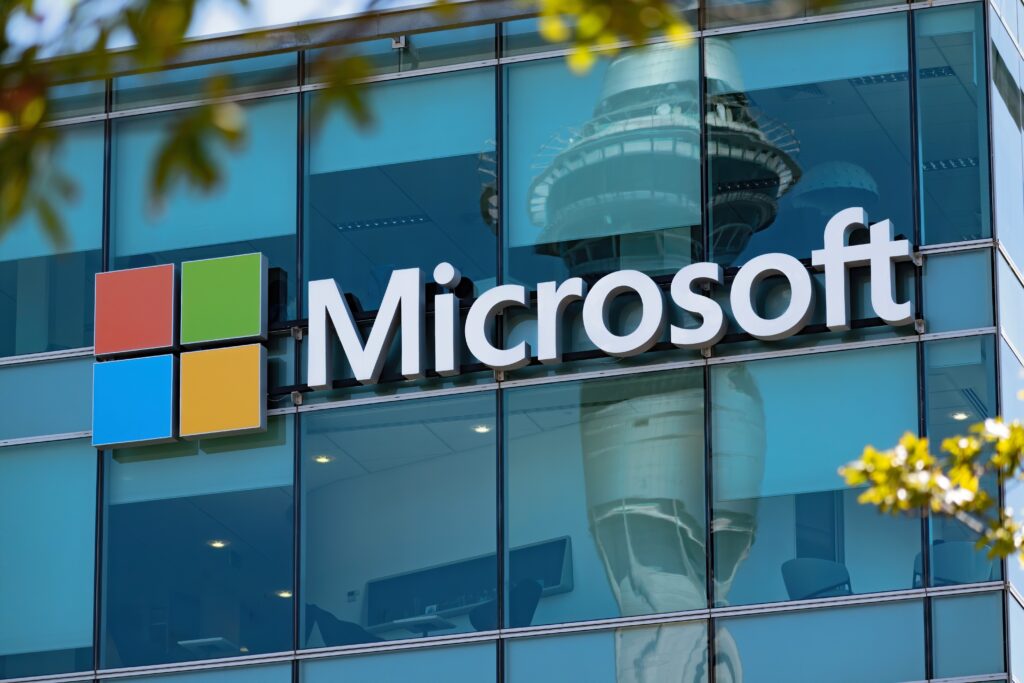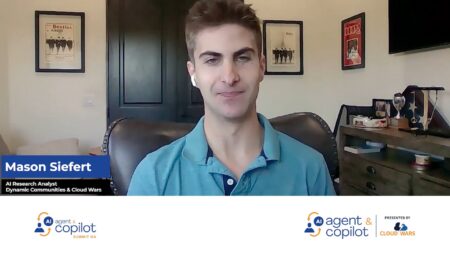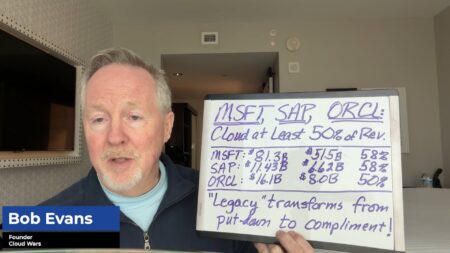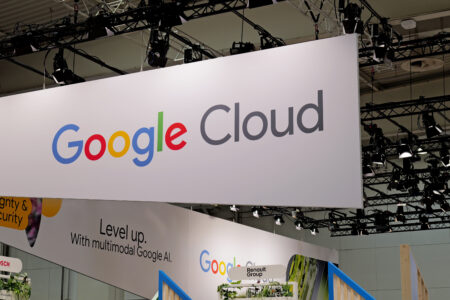
Microsoft has been making waves with its recent announcements, increasing in frequency and significance. Earlier this month, we reported on the company’s adoption of the A2A protocol, which is causing ripples throughout the entire agentic AI industry.
During this year’s Microsoft Build event, the company’s annual developer conference, Microsoft has revealed a slew of announcements that will further accelerate agentic AI adoption and help organizations introduce game-changing AI initiatives quickly, securely, and within budget.
In this article, we’ll drill down into the three most important developments.
Microsoft 365 Copilot Tuning
One of the key developments is Copilot Tuning. This feature, which will be available next month as part of the Microsoft 365 Copilot Tuning Early Adopter Program, allows organizations to leverage their data, workflows, and processes for model training and the development of agents for domain-specific tasks, all without the need for coding.
“Microsoft 365 Copilot Tuning offers customers a new way to unlock the value of fine-tuning for organizations without the cost and complexity of other solutions,” said Ranveer Chandra, Vice President, Copilot Tuning, M365 Copilot.
“Now, makers can use the low-code tooling in Microsoft Copilot Studio to take advantage of highly automated fine-tuning ‘recipes’ that can use your enterprise data to train models to assist with domain-specific tasks.”
Multi-Agent Orchestration
Currently in public preview, multi-agent orchestration in Copilot Studio is an innovative feature that enables agents to “exchange data, collaborate on tasks, and divide their work based on each agent’s expertise.” This is a significant step forward in realizing the promise of a digital workforce that works collaboratively, as humans do.
“Rather than relying on a single agent to do everything — or managing disconnected agents in silos — organizations can now build multi-agent systems in Copilot Studio (preview), where agents delegate tasks to one another,” said Lili Cheng, Corporate Vice President, Microsoft Copilot Studio, in a blog post.
“This includes those built with the Microsoft 365 agent builder, Microsoft Azure AI Agents Service, and Microsoft Fabric. These agents can now all work together to achieve a shared goal: completing complex, business-critical tasks that span systems, teams, and workflows.”
Microsoft 365 Agents Toolkit
The Microsoft 365 Agents Toolkit is designed to enable developers to create and refine agents using their preferred AI stack. The toolkit includes Microsoft 365 Agents Software Development Kit (SDK), now generally available, which enables developers to test and debug AI agents in Copilot, Teams, online, and in the Agent Playground. The agents can then be deployed through smart defaults for Azure.
Microsoft has introduced Teams AI Library that supports developers in building agents specifically for use cases in Teams — the library also includes support for the A2A protocol and MCP, for enhanced interoperability.
Other new tools include Microsoft 365 Copilot APIs, enabling developers to embed Copilot Chat capabilities, tapping into Copilot components, such as retrieval, chat, and meeting, into apps and services. Via the Copilot Control System, existing compliance settings and permissions are retained. As of today, only the retrieval API is available in public preview.
Solution Workspace, now generally available in Power Apps, provides developers with “a single, cohesive canvas to define business requirements, generate data tables, and design solution architecture.”
Finally, Agent feed, in public preview, acts as a hub for end users to oversee, in real-time, how agent teams are working in Power Apps, giving much-needed operational oversight.

AI Agent & Copilot Summit is an AI-first event to define opportunities, impact, and outcomes with Microsoft Copilot and agents. Building on its 2025 success, the 2026 event takes place March 17-19 in San Diego. Get more details.
Closing Thoughts
With these developments, Microsoft is addressing a core challenge regarding AI adoption: accessibility. While many organizations are keen to adopt, refine, and execute AI strategies, there are roadblocks. Not least, overcoming the traditional requirement for specialized teams to introduce, oversee, and experiment with AI technologies.
Agentic AI will provide companies infinite ways to innovate, increase efficiency, and navigate traditionally time-consuming responsibilities, like regulatory compliance. However, for this revolution to take hold, everybody needs agency. That’s the direction Microsoft is heading.
Just as no/low-code SaaS platforms put the power to innovate into the hands of business users, Microsoft is democratizing the agentic AI space, making it accessible to both developers and non-technical employees. This inclusivity and empowerment could have significant consequences for the industry.
Ask Cloud Wars AI Agent about this analysis










